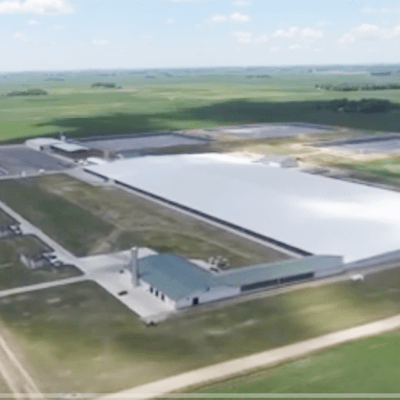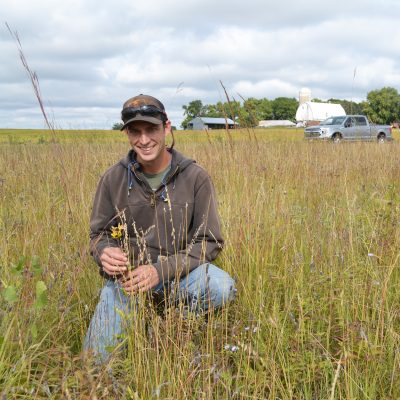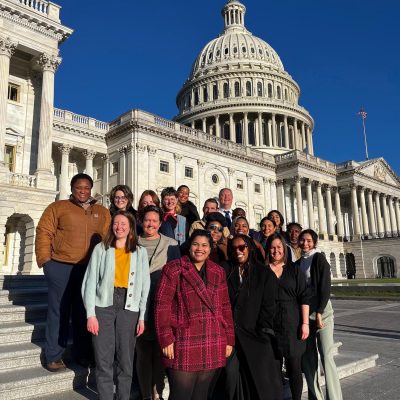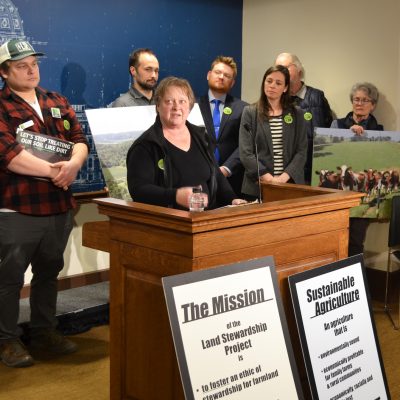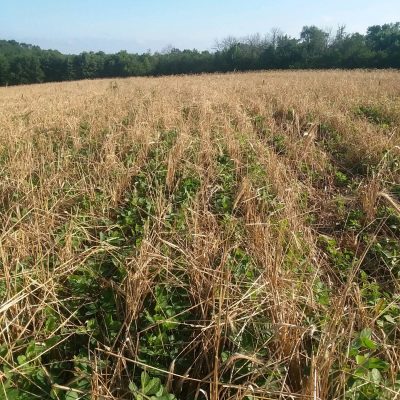Legislative Wrap-Up: A Chaotic Session Produces Concrete Results
Market Access, Land Access & Soil Health Support Passes
Give it a Listen Episode 374 of LSP’s Ear to the Ground podcast features a discussion with government relations director Laura Schreiber about how the organization’s priorities fared during the legislative session. ♦ ♦ ♦ As I write this, the regular session of the 2025 Minnesota Legislature wrapped up with some unfinished business, which means… Read More →


